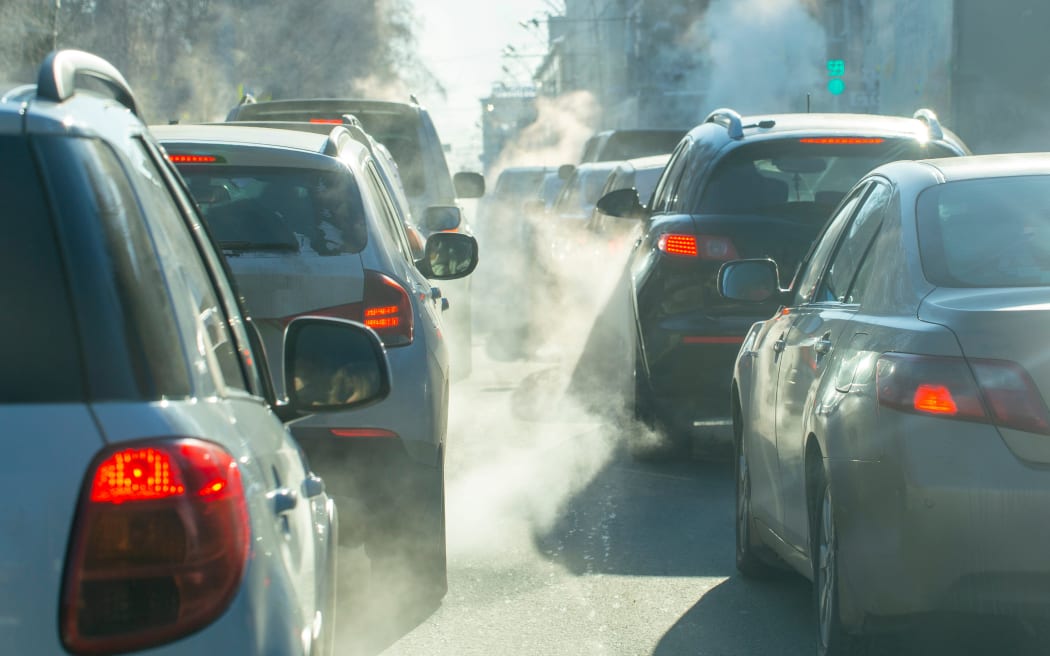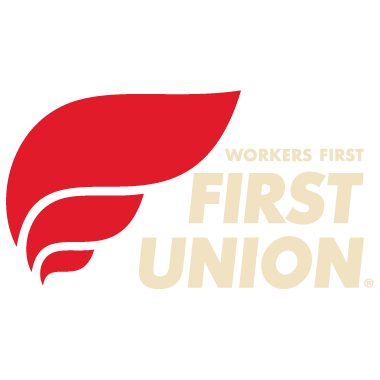
At this early hour, Catherine Herd’s yellow umbrella is a bright, cheerful signal to the approaching bus that passengers are waiting at the suburban Dunedin bus stop.
Most weekday mornings, Herd catches the No 63, Balaclava to Logan Park, from this hilltop stop just around the corner from her Maryhill home to the bottom of inner-city High St. At the end of her working day, the pharmacist then catches it back up the hill.
Like most mornings, the bus is quite full, even compared to pre-Covid times. In recent months, passenger numbers have been boosted by ballooning petrol prices and tumbling bus fares.
Not that the Government-subsidised ticket prices have resulted in Herd taking more trips. Buses have been a key mode of transport since she and her husband returned to the city 11 years ago.
"It’s very convenient. And it’s a conscious choice," Herd says.
"We are trying to be a one-car family, for environmental reasons."
She does, however, appreciate the few extra dollars the half-price fares leave in the weekly family budget.
An extension of the bus fare subsidy would be good, she says. But Herd has not considered a free bus service.
"I haven’t given that much thought. Because I didn’t really think it was ever likely."
- Related: Free buses: when radical is sensible
This week, Minister of Finance Grant Robertson and Minister of Transport Michael Wood announced a five-month extension to both the 25c fuel tax cut and half price public transport fares.
The measures were first introduced on April 1 as the petroleum price-hiking effects of the Russian invasion of Ukraine began to bite, and extended again in June. The latest announcement seems timed to assuage the blow of this week’s revelation New Zealanders are being hit by inflation of 7.3%, the highest in three decades.
The effect of the reduced petrol tax take has been mixed. Robertson says it has helped keep the cost of delivering goods, and therefore goods themselves, from rising even higher. But Consumer NZ says four out of five New Zealanders are driving less to counter costly fuel prices.
Half-price public bus, train and ferry tickets, in tandem with rising fuel costs, have funnelled more people away from their cars and on to public transport.
Nationwide, passenger numbers plummeted during the first two years of the global Covid-19 pandemic. But they have been recovering since subsidised fares came in. Since April, patronage on buses and trains in the country’s major cities has risen from 49% of pre-Covid levels to 65%.
Otago has fared better, especially Dunedin.

Dunedin, however, seems to have truly embraced public transport. June passenger numbers actually gained ground mid-Covid, and by this month were almost 10% higher than in 2019. There were 221,895 trips on Dunedin buses last month, up from 204,362 two years ago.
Could it be just the beginning?
In a world of increasingly frequent climate-crisis heatwaves and floods, in a country that ranks third in the OECD for obesity, in a society where an increasing number of New Zealanders cannot afford to participate equally ... has the idea of freely available public transport come of age?
Some say no.
Christopher Luxon, leader of the National Party, for example, has said he is not a fan of free public transport.
Asked in April if subsidised fares were something he would like to see extended further, Luxon said he believed services should not be propped up by taxpayers.
"Ultimately, public transport needs to stand on its own feet. It can't be subsidised or underwritten ... it has to be able to build on its own case," Luxon was reported saying.
Others say public transport should not be free because factors other than price, such as reliability and quality of the transport system, are more important considerations for patrons. If buses were free, they ask, where would the money come from to ensure the service was attractive?
- 2006 editorial: Worthy of consideration
Is there no such thing as a free bus? Or, can a case be built for free buses?
The Government already intends to make half-price fares permanent for Community Services cardholders when the current subsidies expire at the end of January, 2023.
Imagine if public transport was made free and plentiful for all. If, anywhere you needed to go around town, at any time until late at night, there was public transport just a short walk away, due in a few minutes, to take you there, at no cost.
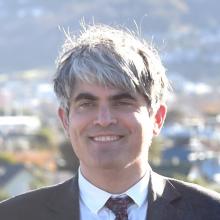
From politicians and pointy heads to the hoi polloi, people are saying zero-fares public transport is a good idea.
"I've long believed free public transport should be our goal," Dunedin Mayor Aaron Hawkins says.
He cites the urgent need to shift to zero carbon and the detrimental effects of vehicles on human health. It is also about transport justice, Hawkins adds.
"If we want everyone in our community to be able to access what the city has to offer, we need to make sure they can get around it. Free public transport . . . is a huge asset in terms of equity," he says.
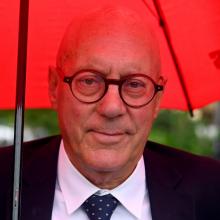
Green Party transport spokeswoman Julie Anne Genter says fare-free transit services would be a win for the environment and people, "to make our cities liveable and equitable".
University of Otago’s head of sustainability Ray O’Brien says a free bus service would certainly help shift more people on to public transport.
"Given the increasing costs of living, anything that can save money for families and students is likely to be a popular option."
Research by urban mobility activists Melissa and Chris Bruntlett, of the Netherlands, who have written about international efforts to increase public transport use, found sociological benefits accrue from life with fewer cars — less stress, greater social contact and an increased sense of wellbeing.
Word of the would-be benefits is trickling down.
A recent survey of Aucklanders has shown most of its residents support free public transport. The poll by First Union and the Public Service Association, released three weeks ago, shows 73% of people support making public transport permanently free. That support is across the political spectrum, with the majority of National and Act supporters polled supporting the idea.
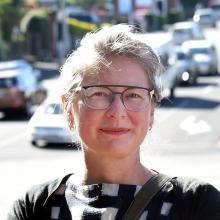
In particular, the University of Otago public health physician (whose research interests include transport and urban planning) is interested in the comparative costs and benefits of the government’s "investment" in reduced fuel taxes and its "subsidising" half-price public transport fares.
"The first came with health and environmental harms that weren’t valued, while the second was accompanied by un-measured benefits," Prof Macmillan says.
"What [are] the comparative costs of those two schemes?"
It is astonishing how quickly 25c-a-litre mounts up. By January 31, the 10-month long fuel tax cut will have cost the government $1.174 billion in lost revenue.
Half-price fares, on the other hand, are costing the government $122.7 million, less than one-tenth of the fuel tax cut.
Public transport is already largely funded by the public via the Government from Waka Kotahi’s National Land Transport Fund, which gets most of its money from fuel taxes, road user charges, vehicle registrations and licences. Waka Kotahi’s average annual spend on public transport services and infrastructure is $1.23 billion.
Regional councils and public transport fares provide the remaining funds for the country’s public transport services. Pre-Covid, fares across the motu amounted to about $335 million per year.
Here’s what it all means. If high petrol prices had been allowed to wean people off private transport and the fuel tax money had been spent on making public transport free, that $1.174 billion would have provided cost-free public transport across New Zealand, not for 10 months, but for three and a-half years.
And once buses were electric — the ORC announced this week that a new fleet of electric buses will be operating in Dunedin by the end of 2023 — the lower running costs would mean those dollars went even further.
But Prof Macmillan’s interest in the economic argument comes from a fundamentally different place to many speakers in this space.
The whole way we think about public transport is wrong, and needs to be turned on its head, she says.
First, Prof Macmillan tackles the notion that a price has to be paid because people do not value what is free.
"We know that’s not true. When it comes to public facilities that are free — like libraries, our free health system, and education — people use them and appreciate them."
Public transport is in the same category, Prof Macmillan argues.
"It is a public good.
"There is a right to access to the building blocks of health and wellbeing for everybody. And public transport plays a really crucial part in that."
A paradigm shift is needed, she says.
Public transport is viewed as a private enterprise; partially subsidised by the government but required to essentially be a self-sustaining business.

The concern that free fares would reduce the quality and frequency of services is a false dichotomy, Prof Macmillan says.
"We don’t need to have an ‘or’ there. We just need a proper valuing of public transport; an investment that would mean we have both free fares and high quality public transport because that is what’s needed."
Is free public transport about to round the corner?
Not anytime soon, Transport Minister Wood told The Weekend Mix.
While improving public transport is a priority, zero fares would reduce the revenue the government can then spend on public transport, Wood says.
"We believe our current half price approach to deal with shorter-term cost pressures, and permanent support for lower fares for low income households ... is the best and most balanced approach."
It is not unknown, however, for this Government to change direction mid-stream. And, internationally, the tide does does seem to be floating the zero-fares waka.
In 2012, the 420,000 residents of Tallinn, capital of Estonia, voted-in free public transport. Buses are now free in most Estonian counties.
Chengdu city, central China, with a population of 5 million, has 44 all-day, fare-free bus lines and free transport across its network for two hours each morning.
In 2020, Luxembourg became the first country to make all public buses, trams and trains fare-free. Malta will be the second when it introduces zero-fares in October.
So, what would need to change to ensure successful, free public transport services in Aotearoa?
The Green’s Genter says buses, trains and ferries would need to be "frequent, all day and even on weekends, and ... accessible, safe and clean".
This week, the ORC reduced bus services in Dunedin and Queenstown because of an acute, nationwide driver shortage.
Solving this would be crucial to providing that level of service.
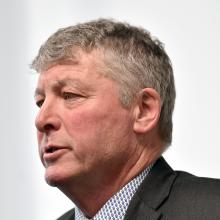
"It is my opinion that Immigration New Zealand needs to provide support to address staffing shortages by increasing the number of visas offered to those looking to make the move to New Zealand," Boult says.
Noone, expressing his own views rather than council policy, adds that "the pay rates will need to be comparable to other similar roles".
The Government recently agreed to "top up" bus drivers’ wages as a stop-gap measure to ensure a living wage, $22.75 an hour, until better solutions can be found.
Bus drivers are expected to be near the head of the queue for redress when Fair Pay Agreement legislation becomes law, probably late this year.
The other issues — frequency, reliability, travel time, quality — would all be addressed by flipping to a "public good" view of public transport, Prof Macmillan says.
"Viewing it as a public good, worthy of investment."
That would include scrapping "fare box recovery"and recalibrating how transport fund priorities are calculated.
Currently, most of the money is spent on roads, which have a high social, health and environmental cost.
Whereas, public and active transport, which Prof Macmillan says have to go hand-in-hand, has a much higher rate of return.
"We know that those investments bring tens of dollars back to government and society for every dollar spent.
"We need to value the costs and benefits properly, to account for those wider well-being, fairness, social and environmental benefits."
Cameron Hassall can see some of that from Stop F at the Dunedin Central City Bus Hub, on Great King St.
It is already dark as the 20-year-old joinery apprentice waits for the No 36 bus that will take him home to his Mornington flat.
He has his driver’s licence but chooses to spend an hour each morning and evening getting two buses to-and-from his workplace in Green Island.
It is cheaper than buying a car and paying for petrol, Hassall says.
He has noticed more people on buses since the fares were halved.
If public transport were free, even his flatmates might start using it, he says.
"It would be cheaper for everyone, there would be less traffic congestion. It’s a great idea."








